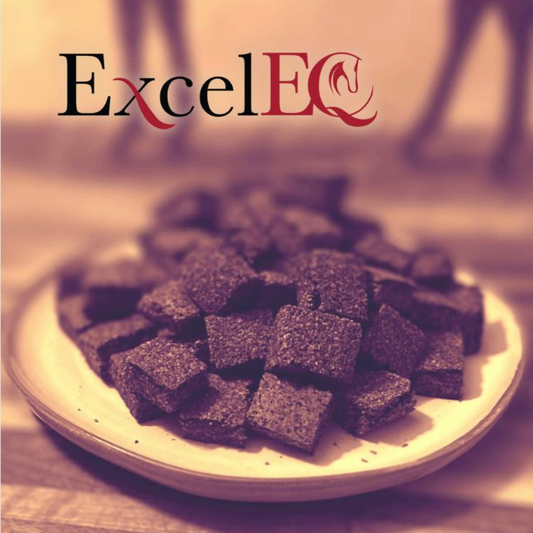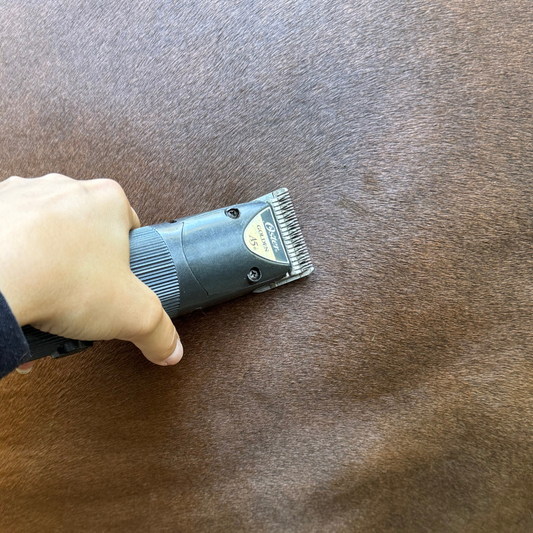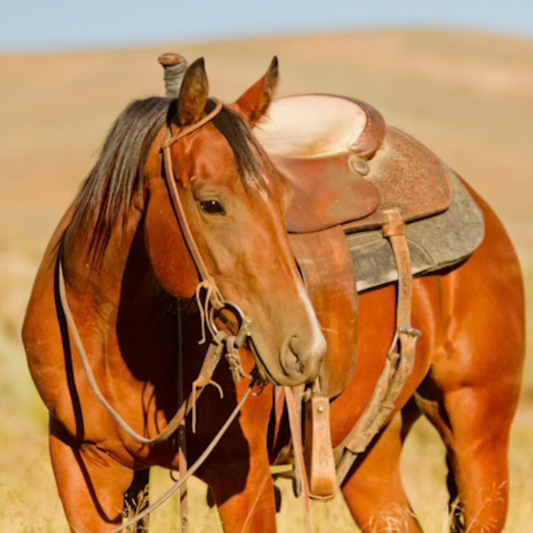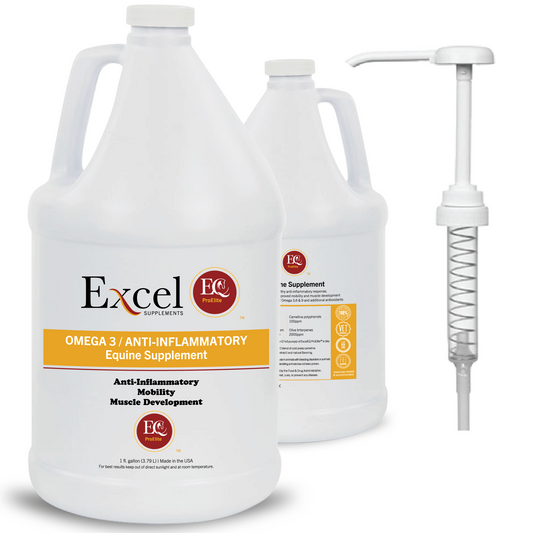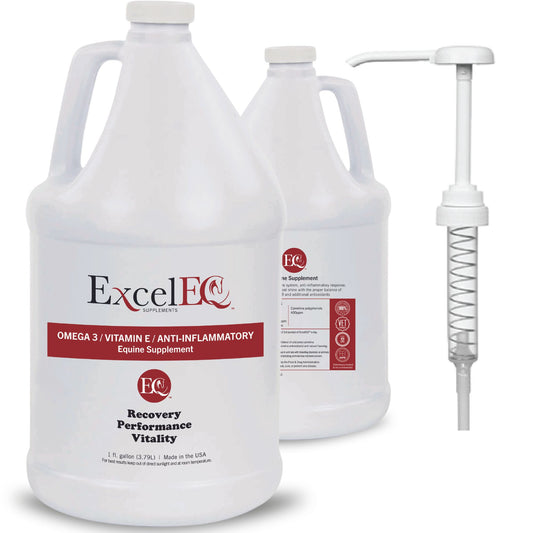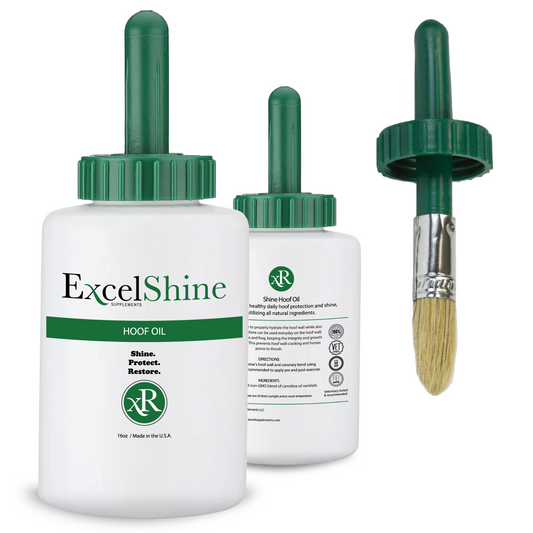3 Ways to Prevent Impaction Colic in Horses
Share
Colic is a word nearly all horsemen and women alike have heard. It is a common phrase to address abdominal pain in horses. There are many types of "colic" one being impaction colic.Impactions fall under the category of non-strangulating obstructions and refer to any type of blockage within the lumen of the GI tract. Lets dive into 3 simple tips to prevent impaction colic. Please note, if your horse is showing signs of colic, this is a medical emergency, and you should contact your veterinarian immediately.
1. Provide Water for Optimal Hydration

Why Water Matters
Proper hydration supports digestive function by aiding in gut motility (the transit of food through the digestive tract). If your horse does not drink enough fluid, they are at greater risk of impaction colic. Water dilutes stomach acid and helps produce saliva, which is important for the process of digestion.
Horses should consume roughly two gallons of water per 100 kg of body weight under normal circumstances. A 500 kg (1100 lbs) horse is expected to drink 10 gallons of water per day.
2. Feed High-Quality Forage to Support Digestion

The Importance of Forage Quality for Preventing Impaction Colic in Horses
Poor-quality forage is commonly linked to impaction colic. The AAEP explains that impaction colic involves the accumulation of hard, dry fecal material in the colon, which can be exacerbated by low-quality hay. Ensure your horse receives high-quality hay that is rich in fiber. This helps in maintaining a healthy digestive system and can even improve your horse’s appetite.
Discover More: Learn why hay quality matters for your horse’s health in our detailed hay quality guide here.
3. Exercise to Boost Digestive Function

Keep Your Horse Active to Prevent Impaction Colic
Regular exercise has been shown to increase gut motility, promote water intake, and help maintain a healthy digestive tract.It is important to provide your horse with regular rest days and keep them on a predictable schedule.Never exercise your horse on an empty stomach. Build light rides into your horse’s training schedule and give them off days if they seem over-worked. Not only will this decrease colic risk, but it will also support exercise recovery and performance
4. Support Your Horses Gut Health

Enhance Digestive Health with ExcelEQ and ProElite
ExcelEQ and ExcelEQ ProElite supplements enhance the bioavailability and absorption of nutrients in your horse’s digestive tract. Feeding products designed to support optimal digestion and overall health such as Excel Supplements leads to optimized gut health.
Explore Our Products: Find out how our equine supplements can benefit your horse today!
Conclusion
To safeguard your horse from impaction colic:
- Provide water to encourage better hydration.
- Feed high-quality hay to support proper digestion.
- Maintain an active lifestyle for your horse to ensure good health.
It's important to note that different types of colic can sometimes overlap or occur together. If your horse shows signs of colic, such as pawing at the ground, rolling, or refusing to eat, it's crucial to seek veterinary attention promptly for proper diagnosis and treatment.
For updated information on equine care, trending topics and discount opportunities follow us on social!
Follow us on Instagram: @excelsupplements
Keep up to date with us on Facebook: Excel Supplements

